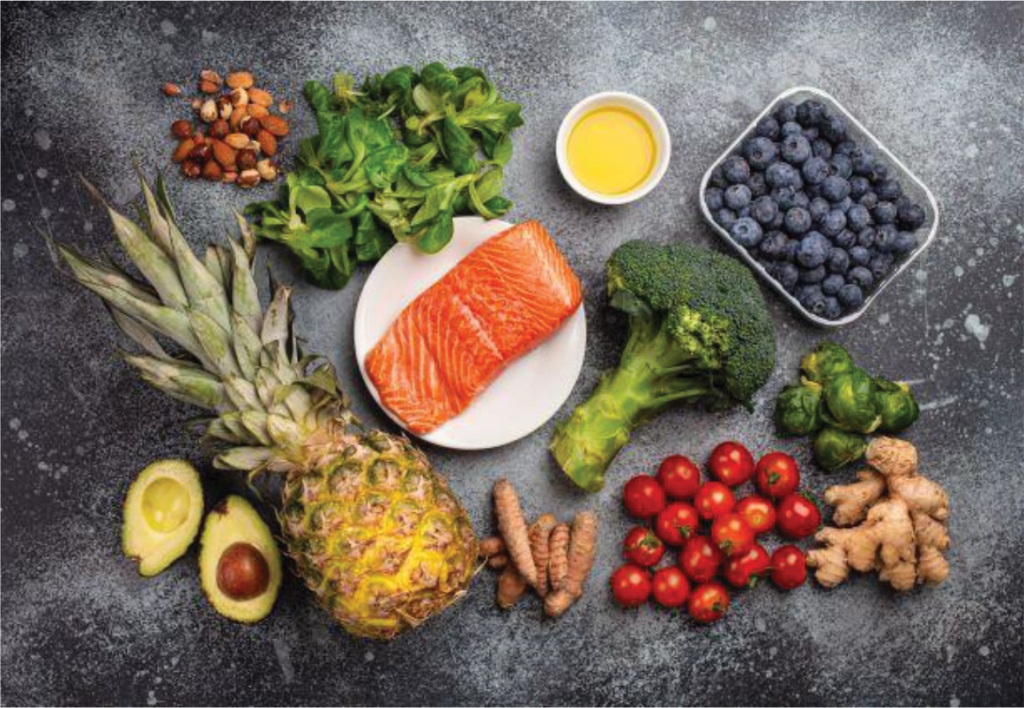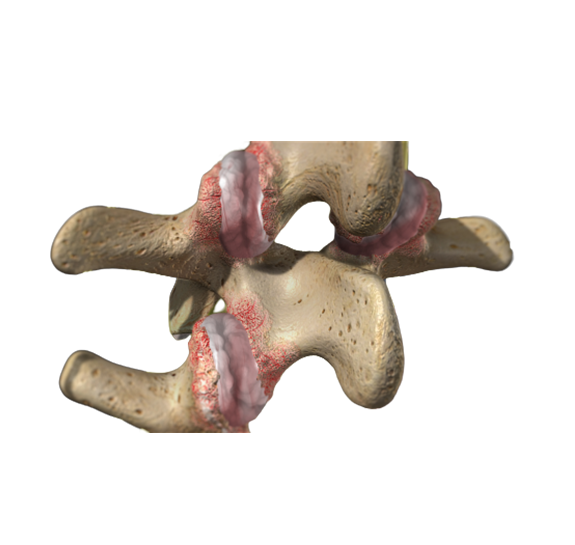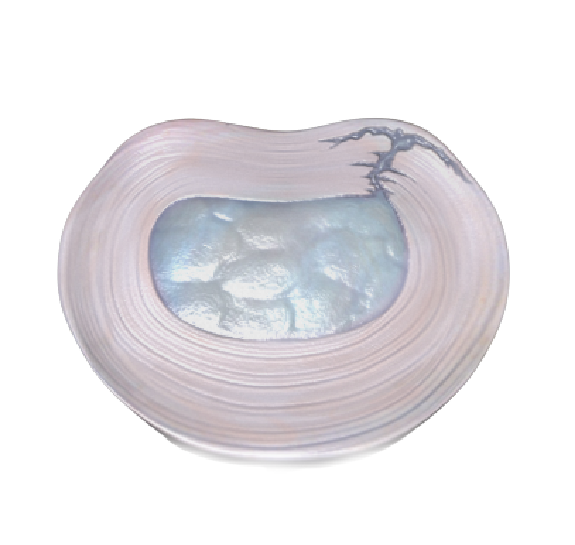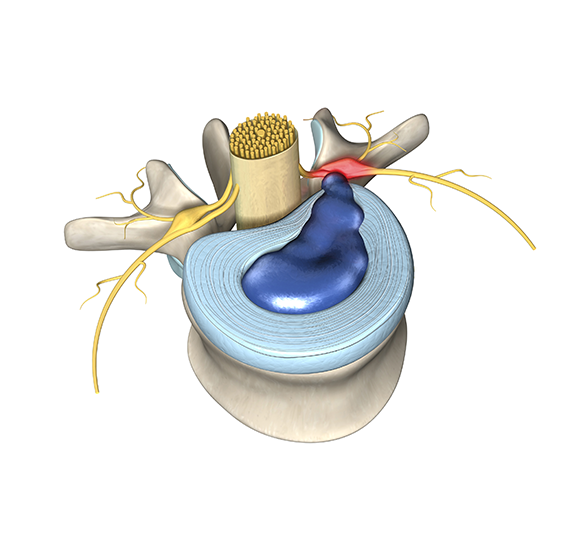
Clickbait alert! Vitamin E supplement
Clickbait alert! Vitamin E supplement https://bestpracticehealth.tv/wp-content/uploads/2022/05/6-1024x708.png 1024 708 Best Practice Health TV Best Practice Health TV https://bestpracticehealth.tv/wp-content/uploads/2022/05/6-1024x708.pngClickbait is internet content with an irresistible thumbnail or headline that draws you in, but when you click through you find out that the content does not come anywhere near its billing.
The old bait and switch. But with a computer.
We keep an eye out for clickbait for you. Because Clickbait wastes more than your time; clickbait can leads to wasted money, and even endanger your health. You don’t deserve that!
Here is an example. This article appeared this week in my google alerts on anti-inflammatory diet:

This is from the Eat this Not That, a website I usually really like. Their food recommendations are often both interesting and helpful.

Spoiler alert: This is clickbait!
Which isn’t actually the reason why I’m presenting it to you.
I’m presenting it to you because this is a good example of how to use science as a tool to decide what to do. I call that Real Science. Which means it’s science for real people. You don’t have to be a professional scientist to use it.

First, please realize that if the headline were true, it would be important. Arthritis is a painful, disabling condition that affects more and more of us as we age. In fact, among high risk groups like bigger women over sixty, arthritis of the knee affects one in three.
There are three main categories of arthritis:
- Osteoarthritis – breakdown of cartilage in joints. Normally cartilage is smooth, glistening, white, and spongy; once it breaks down, movement causes everything to get worse.
- Inflammatory – the one you’ve heard of is rheumatoid; but psoriatic seems to be gaining in popularity. This type of arthritis is often treated with immune suppression agents like Embrel.
- Post traumatic – this is arthritis in a joint that at one time suffered an injury. This always reminds me of a quote often attributed to everyone from Aristotle to Bob Dylan.
“All my virtues have become vices.”
This is the arthritis we get when we are old from things we did well and enjoyed when we were young: running, jumping, playing, sports, hard work, etc.

While we don’t have strong proof, there is an increasing consensus among doctors that eating inflammatory foods makes arthritis worse, and conversely, eating anti-inflammatory foods can make it better.
This makes sense because ‘‘arth’ means joint, and ‘itis’ inflammation. Arthritis is an inflammatory condition. So, it goes without saying that we would move heaven and earth to let you know If there were a single supplement that helped with the knee, hip, shoulder, back, elbow, wrist and hand pain due to arthritis. All of us would take it.

There are some compounds, like turmeric and ginger, which we do recommend daily – as part of a healthy method of anti-inflammatory eating to keep your body inflammation under check.
The way the headline of the clickbait article is written you’d think we should be putting vitamin E on the recommended list. But should we?
Well, before you go running to Amazon to order the vitamin E, as Leonard Skynyrd said, “gimme three steps.”
The first step is to decide if the journal and researchers are credible. The article references are from the European Journal of Clinical Nutrition.
I’ve never heard of it.
The authors are Chinese, and I not familiar with their institutions.
The fact that I haven’t heard of them doesn’t mean they aren’t fantastic; my ignorance isn’t their problem. But the reverse is also true: I can’t make any assumptions about whether they are trustworthy if I haven’t heard of them.
The next step is to evaluate the science.
The article is an analysis of nine other studies that were selected by specific criteria from the Cochrane database. Nice!
In the pyramid of evidence, this type of analysis is filtered information, and evidence synthesis. Thus, the type of study is second only to systematic reviews. The article reviewed almost 50K subjects; even though I’m not familiar with the authors and journal, maybe I should be. This seems like good science.

The last step is to see if the article justifies the headline. In this case, this piece is clickbait because the article does not come even close to living up to the billing. The study does support a link between vitamin E supplementation and relief of joint pain and swelling from Rheumatoid arthritis. But the headline is way off:

- ‘#1’ suggests that vitamin E supplementation was compared to all the other forms of treatment for arthritis, like NSAIDs, light exercise, injections, etc. Or at least other supplements. It wasn’t. At all. So what makes it the best? Absolutely nothing.
- “for preventing and treating arthritis” but the journal article referenced only discusses rheumatoid arthritis. If you are one of the millions of people with osteoarthritis this isn’t even about you.
Even though the headline was clickbait, there’s some credibility in the science, so why not just try the vitamin E and see if it helps? Three reasons.

Vitamin E is not entirely without risk. Vitamins A, D, E, and K are fat soluble, and therefore accumulate in your body; if you take too much of them, they are toxic.
Hypervitaminosis E can cause abnormal bleeding, including in the brain, which can be fatal. So, if you did take a vitamin E supplement, you would want to do in while monitoring your blood levels to keep you safe.
Second, vitamin E can change the metabolism of other drugs in your body, screwing up something that is working for you.
So, what it comes down to is, who are you? Do you gamble with your heath? Or use astrology? Or use science?

If you must gamble, don’t do it with your health!
Science is a tool that can help us make proper and safe decisions about our health. In this case, this clickbait article is certainly not convincing. Hold off on vitamin E until we get stronger data.
In the meantime, join me next week for our look at CBD and whether taking it can help with your joint pain.
- Posted In:
- Diet






